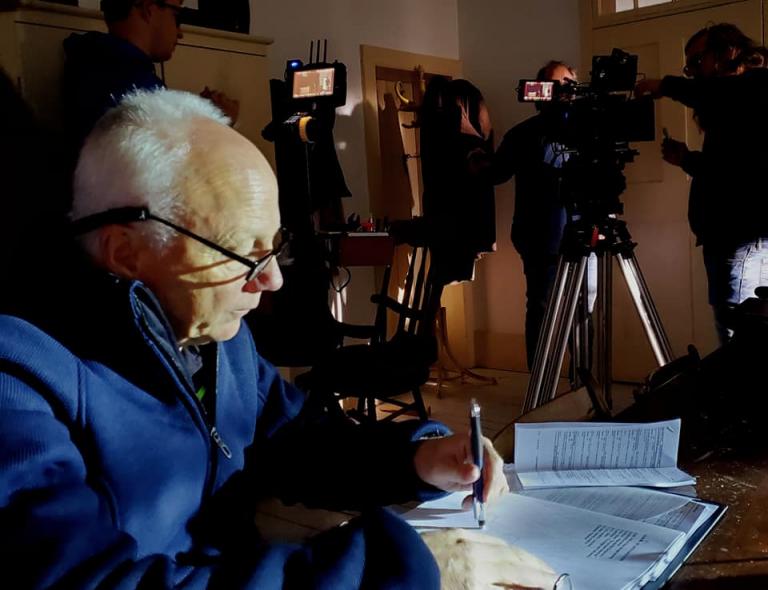
On Tuesday, I published a blog entry entitled “Peterson’s Rule,” which included a column that I originally published in 2007. A passage in that column reads as follows:
If you encounter a religious group or an ideology or even an atheistic position that has attracted many people of diverse backgrounds for a considerable length of time, and you cannot see “how any intelligent person can possibly believe anything so manifestly crazy,” the problem is probably in you — at least as much as it is in the other person. You don’t know or understand enough to make a judgment, for intelligent people undoubtedly do believe it. So long as you imagine that no “intelligent” person could honestly fall for such nonsense, you dehumanize those you disagree with, or you assume (and this is very common) that they are all, somehow, dishonest.
In response to that post, I have been challenged by at least one critic: Am I posing? Pretending? Can I really sympathetically understand the position of even an atheist?
The answer is Yes. I can.
Ultimately, I find atheism not only enormously unattractive but unpersuasive. Still, I can understand why some decent and intelligent people find themselves compelled to be atheists. There are many arguments for atheism, not a few of them reasonable.
One is, simply, the fact that God often seems not to be there.
Most if not all of us have had experiences where something that we desperately wanted didn’t come to us or didn’t occur, or where we were devastated by something that we had earnestly, tearfully, prayed to be spared. When our long anticipated newborn first grandchild lay near death in a Florida hospital, for instance, the heavens seemed totally silent despite my intense appeals. And she died. It was one of the worst periods of my life, our lives, though there have been a few comparable others.
Such moments, such experiences of the seeming absence of God, are even recorded in scripture:
“How long wilt thou forget me, O LORD?” pleaded the psalmist. “For ever? how long wilt thou hide thy face from me?” (Psalm 13:1)
“O God,” begged the Prophet Joseph Smith from his long, wretched, unjust confinement in Liberty Jail, “where art thou? And where is the pavilion that covereth thy hiding place?” (Doctrine and Covenants 121:1)
Even Jesus — who was, in Latter-day Saint and general Christian belief, the sinless, divine Son of God — cried out from the cross Eli, Eli, lama sabachthani? “My God, my God, why hast thou forsaken me?” (Matthew 27:46)
The late Anglo-American philosopher of religion John Hick wrote about what he called “epistemic distance,” God’s decision to withdraw from obvious participation in our world and our daily lives in order to preserve our freedom either to choose the divine or to reject it. I believe in precisely that. But I certainly understand those who interpret God’s seeming absence very differently than I do, as actual absence. I ache for them.











